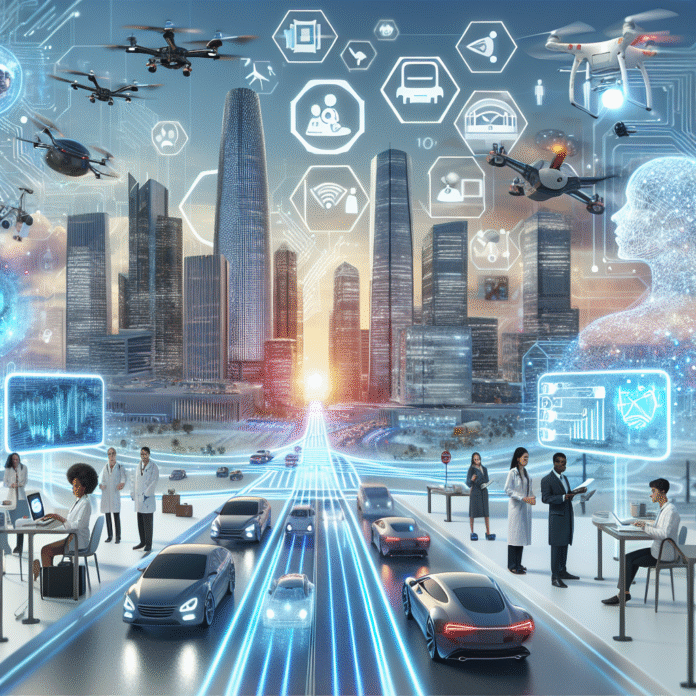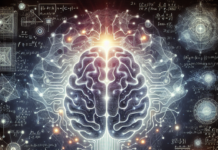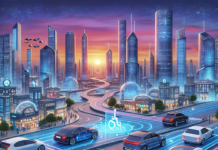The Future of Work: How AI is Changing Careers and Job Markets
The rapid advancement of artificial intelligence (AI) technology is reshaping the way we work and interact with our careers. From streamlining mundane tasks to providing new avenues for creativity and innovation, AI is poised to revolutionize the job market and redefine the nature of work itself. This article explores the key ways in which AI is influencing careers and job markets across various industries.
1. Automation in the Workplace
Automation powered by AI is increasingly taking over repetitive and routine tasks, freeing up employees to focus on more strategic and creative elements of their jobs. Industries such as manufacturing, customer service, and logistics are witnessing significant transformations:
-
- Manufacturing: Robots equipped with AI technologies are handling assembly lines with precision, reducing human error and increasing efficiency.
-
- Customer Service: AI chatbots and virtual assistants are addressing customer queries instantly, improving service levels while lowering operational costs.
-
- Logistics: AI algorithms are optimizing supply chain management, leading to faster deliveries and reduced waste.
2. New Job Creation
While some jobs may be eliminated due to automation, AI also creates new opportunities. According to recent studies, many roles are evolving rather than disappearing. New positions in AI management, data analysis, and cybersecurity are emerging:
-
- AI Specialist: Professionals who build and maintain AI systems are in high demand.
-
- Data Scientist: As organizations collect more data, the need for experts who can analyze and interpret that information is growing.
-
- Cybersecurity Analyst: With AI systems being integral to business operations, ensuring their security is paramount, leading to increased demand for cybersecurity professionals.
3. Changing Skill Requirements
With the rise of AI, the skills required for various careers are shifting. There is an increased emphasis on soft skills and technical abilities, including:
-
- Creativity and Problem-Solving: As AI handles data processing, human creativity in design and problem-solving becomes more valuable.
-
- Technical Literacy: Understanding AI technologies and how to work alongside them is becoming essential for a wide array of jobs.
-
- Interpersonal Skills: The ability to communicate effectively and build relationships will set candidates apart in the age of automation.
4. Remote Work and Flexibility
The integration of AI in workplace technologies is facilitating remote work and greater flexibility. Tools powered by AI enable seamless collaboration across distances, allowing for:
-
- Improved communication through AI-driven platforms.
-
- Enhanced productivity with smart work management tools.
-
- Better work-life balance as employees can access their workplaces from anywhere.
5. Ethical Considerations
As AI becomes more embedded in the workplace, ethical considerations regarding privacy, bias, and job displacement must be addressed. Organizations will need to ensure:
-
- Transparency in AI algorithms and decision-making.
-
- Fairness and inclusivity in AI recruiting processes.
-
- Support for employees whose roles may be affected by AI, including retraining programs.
Conclusion
The future of work is undeniably intertwined with AI technologies. While challenges exist, the potential for innovation, creativity, and new job opportunities is immense. Embracing change and adapting to new skills will be essential for individuals and organizations alike as we navigate this evolving landscape.







